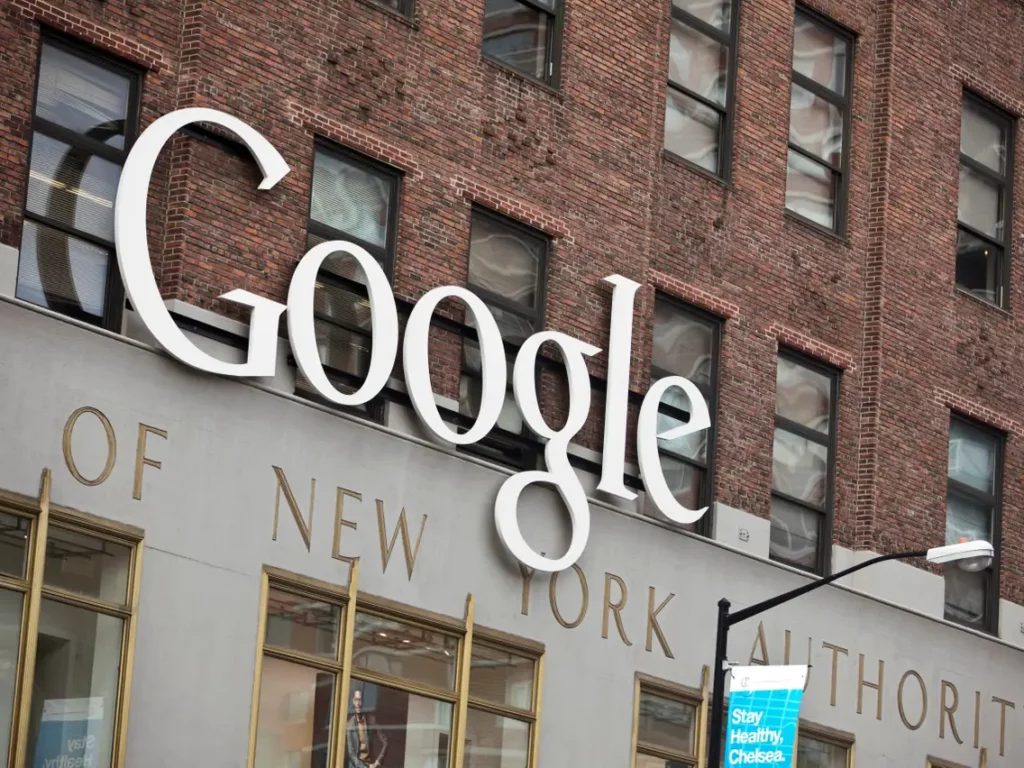A document reportedly written by a senior Google engineer was leaked on the site Semianalysis on Thursday. That document shows an increasing concern that, as artificial intelligence tools explode into every aspect of life, there are no gatekeepers on where things are going. Google is not at the cutting edge. Neither is ChatGPT creator OpenAI.
“The uncomfortable truth is,” wrote Google’s Luke Sernau, “We aren’t positioned to win this arms race and neither is OpenAI. While we’ve been squabbling, a third faction has been quietly eating our lunch. I’m talking, of course, about open source. Plainly put, they are lapping us.”
TL;DR: AI can't be stopped because anyone can play with it, and the whole discussion of "guardrails" and "moratoria" is academic.https://t.co/MAHIYAzrER
— Pedro Domingos (@pmddomingos) May 5, 2023
The memo of the Google engineer soon became a top story on AI forums, including the popular HackerNews message board and Reddit’s /r/MachineLearning community, which has more than 2.6 million members, and sparked commentary from some of the biggest names in AI.
A Google spokesperson confirmed the memo was authentic and was from a Google engineer but said it was the opinion of one senior employee, not necessarily the company as a whole.
“We’ve done a lot of looking over our shoulders at OpenAI. But the uncomfortable truth is, we aren’t positioned to win this arms race and neither is OpenAI.”
Open source tools that are now in millions of hands allow individuals and small groups to race past what were seen as roadblocks to AI’s further advance. They’re building tools that are faster, smaller, and more easily updated. Some of these AI models can run on systems as small as a phone and deliver results better than those running on whole banks of high-speed computers.
It’s not just a challenge to the dominance of big tech companies: It’s a signal that AI development has reached a stage where no one can possibly hit the brakes.
“I’m talking, of course, about open source. Plainly put, they are lapping us. While our models still hold a slight edge in terms of quality, the gap is closing astonishingly quickly.”
Tech companies spent years developing AI in a behind-the-scenes arms race, only to see OpenAI burst onto the scene with the release of ChatGPT. Other generative AI systems, which can create content based on a user’s prompt, have skyrocketed in popularity and quality. OpenAI announced a massive deal with Google competitor Microsoft in January. In response, Google rushed to release its counterpart program, Bard.
As the Google engineer says:
“Individuals using open-source tools are doing things with $100 … that we struggle with at $10M.”
He insists that Google’s only option if it wants to rejoin the cutting edge, is to stop treating AI as something that’s special to them and try to learn from the people who are already outpacing big in-house projects.
“We have no secret sauce best hope is to learn from and collaborate with what others are doing outside Google.”
The Google employee wrote that both Google and Microsoft have neglected the growing community of programmers and companies that rely on publicly available AI code and models referred to as “open-source” to create smaller but more efficient projects.
Some experts and industry analysts agreed with the memo’s warning. Andrej Karpathy, an OpenAI founder who rejoined the company in February, wrote on Twitter Saturday that the surge of small AI companies competing with tech giants was starting to massively shake up the industry.
Tools like Midjourney and ChatGPT have been capturing the largest part of the national conversation when it comes to rapid changes in the AI field over the past year. As Business Insider reports, major companies, including the creators of these tools, have been scrambling to gobble up software talent in a race to propel their AI efforts into the lead. However, as Sernau’s note makes clear, those efforts are failing and the tools being advanced by major companies are far from the “bleeding edge” of what’s out there.
What’s most astounding may be how quickly this happened, because the open source community really didn’t lay their hands on a large proprietary AI model until the beginning of March when the code behind Facebook’s Large Language Model Meta AI (Llama) leaked online. That tool landed out there with absolutely no instructions and no clues on how to modify it into something other than the sort of chatbot Facebook had created. It didn’t matter.
All of this makes it clear just how futile efforts to slow the rapid pace of change in this field, such as the letter published at the end of March in which over 1,000 experts called for a “pause” in AI development, really are.
That letter warned that AI experiments “pose profound risks to society and humanity” and that AI labs were “locked in an out-of-control race to develop and deploy ever more powerful digital minds that no one–not even their creators–can understand, predict, or reliably control.” But the call for “all AI labs to immediately pause for at least six months the training of AI systems more powerful than GPT-4” was already futile when it was addressing a collection of companies all seeking to gain an edge over competitors.
Read More:





 Twitter To Soon Have Audio And Video Calling Options Soon- Elon Musk
Twitter To Soon Have Audio And Video Calling Options Soon- Elon Musk